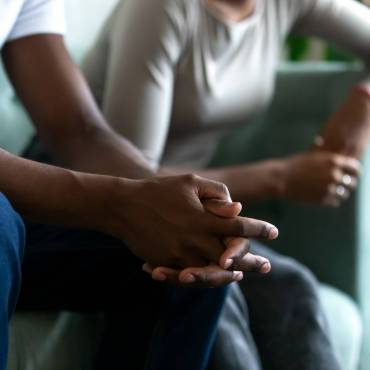I was honored to be featured on Mind Mastery Lab (https://mindmasterylab.com/) a website focused on promoting self-empowerment. The topic was on loneliness, and I contributed alongside other experts in the field.
What is loneliness?
Loneliness is a painful feeling that often results from experiencing dissatisfaction in your social world– perhaps because of a lost relationship, a change in a relationship, or difficulty connecting with others in a meaningful way. Loneliness acts as a signal telling you that you are not experiencing the amount of desired companionship or emotional support that you want and/or need. Overcoming loneliness requires a multilayered approach.
I’ve created the “OWW!” model to help you remember how to combat that painful feeling:
Observe (“O”):
a. View loneliness as a signal about what’s happening in your life. It’s important to observe this emotion with curiosity about what it’s telling us, rather than judging or labeling it, or judging or labeling ourselves, for experiencing it.
b. Practice mindfulness to notice and reflect on your thoughts and feelings.
c. Engage in self-compassion exercises by mindfully accepting that you are experiencing pain while treating yourself with kindness.
d. Remember that loneliness is one part of your experience, not your entire experience. Look at the big picture!
Work through (“W”):
a. Since we can’t just “snap out” of a feeling, we can work through the feeling by editing our thoughts and actions.
b. Challenge the thoughts that are contributing to the feeling of loneliness. These thoughts may include: “I will never find that relationship,” “No one wants to hang out with me,” “I’m not good at making new friendships.” Look for evidence to suggest otherwise, and challenge these extreme and rigid thoughts by coming up with alternative perspectives.
c. Do the opposite of what the feeling wants you to do. We often let our emotions dictate our actions, but the research shows that what we do affects how we feel, not vice versa. This means that we have the power to change our emotional experience by acting in a way that opposes the negative feeling. So when your loneliness tells you to not make that phone call or skip that party–do the opposite! This will challenge your negative beliefs about yourself while helping you change the very thing that is contributing to your loneliness.
[focus on] Wellness (“W”):
a. The very first step in learning how to regulate our emotions is taking care of our bodies. You can decrease the impact of negative emotions by maintaining a balanced diet, getting restorative sleep, engaging in frequent exercise, and doing something that you feel proud of on a daily basis.
b. Engage in self-soothing activities involving all of your senses. i.e., light a candle, have hot tea, take a warm shower, look at pictures that evoke positive memories, play your favorite song, etc.
c. Do activities that you love. A secondary bonus is that you may meet people at these activities who you can relate with. Feeling connected to others, rather than just being surrounded by others, is a great way to overcome loneliness.
d. Increase your confidence by doing things that you are good at, setting accomplishable goals for yourself, and/or volunteering. Feeling competent and accomplished contributes to good mood and overall wellbeing.
To see the published article and contributions from other experts in the field, please visit: https://mindmasterylab.com/how-to-overcome-loneliness/I




Add Comment